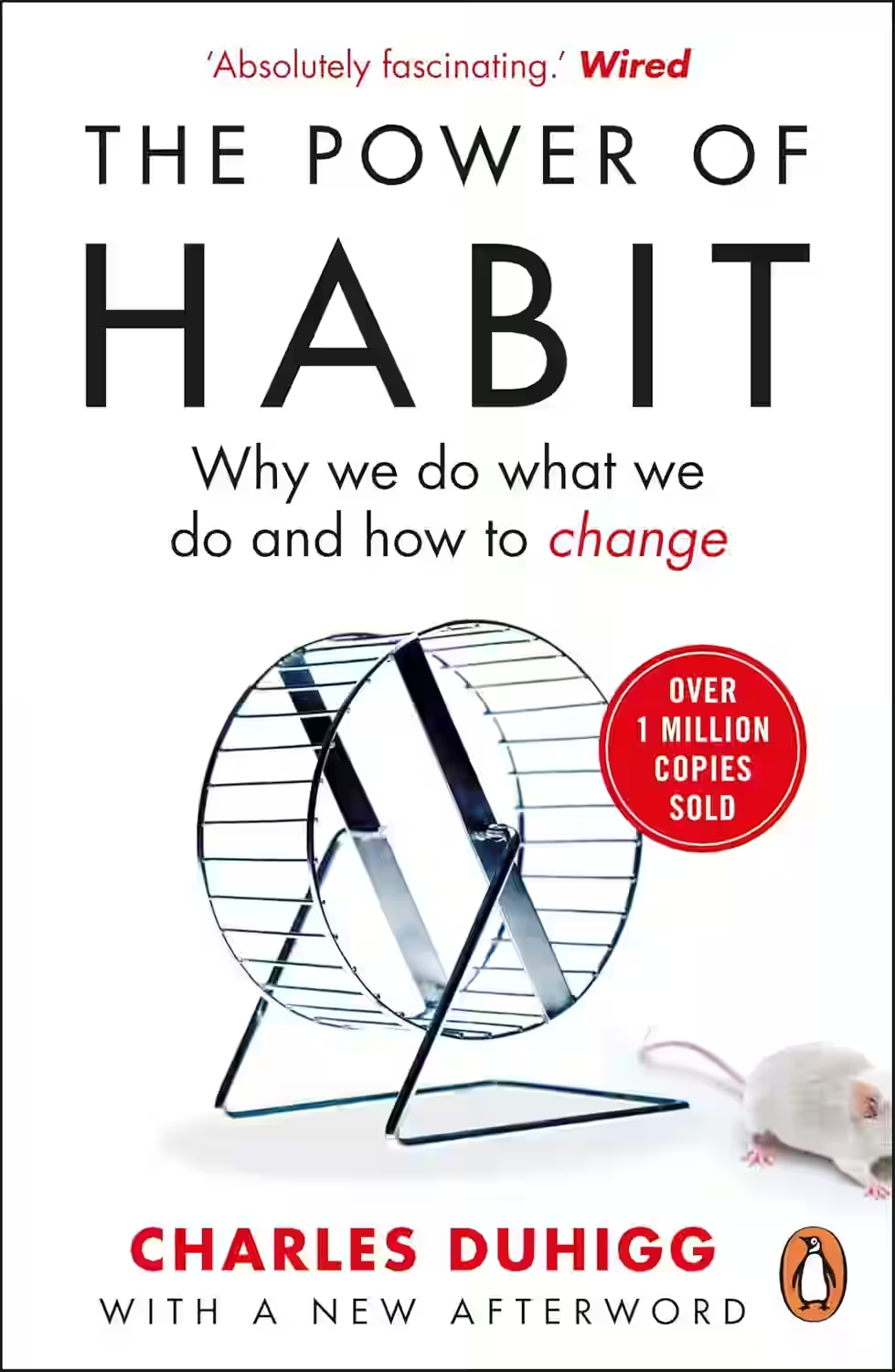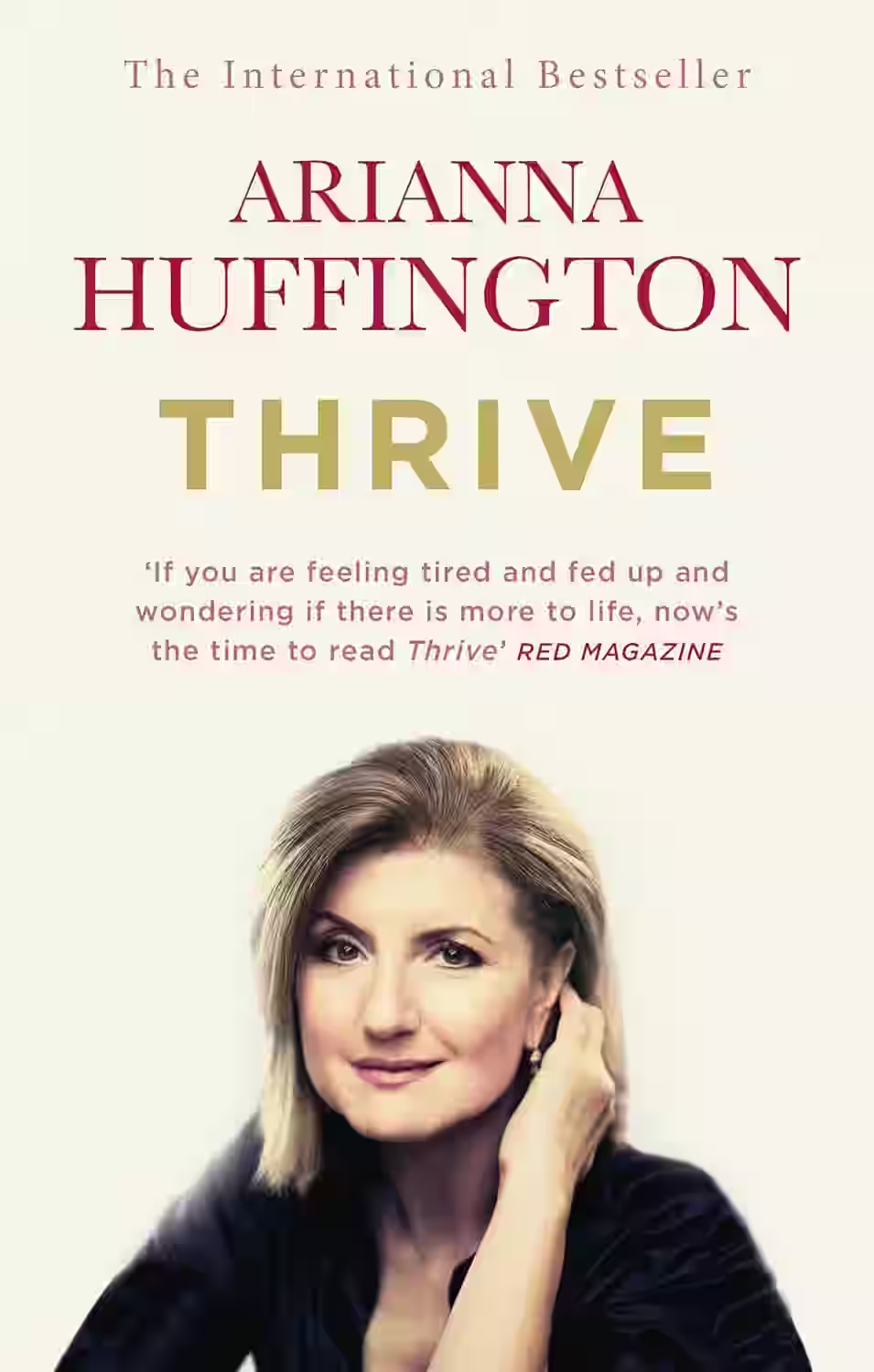
In 'The Power of Habit: Why We Do What We Do in Life and Business,' author Charles Duhigg delves into the science of habit formation and how habits impact nearly every aspect of our lives. Through insightful anecdotes and research, Duhigg explores how habits operate within individuals, organizations, and societies, shedding light on how they can be transformed to achieve personal and professional success. The book offers practical strategies for changing habits, emphasizing the importance of identifying cues, routines, and rewards to bring about lasting behavior change. With its engaging narrative and actionable advice, 'The Power of Habit' is a compelling read for anyone looking to understand the psychology behind their actions.
About Charles Duhigg
Charles Duhigg is a Pulitzer Prize-winning American author and journalist known for his insightful explorations of productivity, habits, and human behavior. With a background in history and business administration from Yale and Harvard, Duhigg has crafted a unique niche in the realm of non-fiction writing. His groundbreaking book 'The Power of Habit' delves into the science behind habits and how they can be transformed, becoming a bestseller and influencing readers worldwide. Duhigg's ability to blend captivating storytelling with research-driven insights has made him a prominent figure in the self-help and psychology genres, offering readers practical tools for personal growth and change.
Similar Books

Grit
In Grit, psychologist Angela Duckworth explores why talent alone doesn’t predict success—grit does. Based on her research, Duckworth argues that sustained passion and persistent effort matter more than innate ability. She shares stories of high achievers from diverse fields, showing how resilience, long-term focus, and consistent hard work lead to exceptional outcomes. The book combines personal anecdotes, scientific studies, and practical strategies to help readers develop grit in their own lives. Duckworth’s insights challenge the myth of overnight success and inspire readers to pursue their goals with tenacity, regardless of obstacles or setbacks.

Thrive
In Thrive, Arianna Huffington redefines success beyond wealth and power, proposing a third metric rooted in well-being, wisdom, wonder, and giving. Drawing from research and her own life, she argues that burnout and stress are not badges of honor but symptoms of a misguided culture. The book explores mindfulness, sleep, gratitude, and compassion as essential to living a fulfilling life. Huffington weaves personal anecdotes with scientific insights to promote a more holistic vision of success—one that nurtures both the self and the community. Thrive serves as a call to prioritize what truly matters in a fast-paced world.

Why We Sleep
In Why We Sleep, neuroscientist Matthew Walker provides a compelling look at the critical role sleep plays in our health and well-being. Backed by cutting-edge science, he explains how sleep affects memory, creativity, immune function, emotional stability, and longevity. Walker also examines the consequences of chronic sleep deprivation and offers practical tips for improving sleep hygiene. Written in accessible language, the book demystifies sleep’s biological purpose and underscores its importance as a pillar of mental and physical health. A wake-up call for modern society, Why We Sleep champions rest as essential, not optional, for a thriving life.

Bittersweet
by Susan Cain
In Bittersweet, Susan Cain examines the power of embracing sorrow and longing as essential aspects of the human experience. She argues that acknowledging and accepting these emotions can lead to greater creativity, connection, and fulfillment. Drawing on research and personal anecdotes, Cain challenges the cultural emphasis on constant positivity, advocating for a more nuanced understanding of happiness. The book offers a compelling perspective on the value of melancholy and its role in leading a meaningful life.